Win-win is the essence of Sino-U.S. economic relations, and strengthening cooperation should be the way forward for both sides, China's Ministry of Finance said on Monday after U.S. Treasury Secretary Janet Yellen concluded her four-day official visit to China on Sunday.
As the world's biggest developing country and the largest developed country, China and the United States, respectively, enjoy high economic complementarity, strong business ties and great common interests, and can benefit from each other's growth, the ministry said in a statement in response to media inquiries about Yellen's visit.
China's development is an opportunity rather than a challenge, a gain rather than a risk, for the U.S., the ministry said.
The U.S. side said it does not seek to decouple from China, and that decoupling the world's top two economies would be disastrous for both countries and would bring instability to the world. The U.S. has no intention of forcing other countries to choose sides and fragmenting the world economy, according to the statement.
In recent years, however, the U.S. has introduced a series of economic sanctions and suppressive measures against China, which have undermined the legitimate rights and interests of Chinese market players and damaged popular support for bilateral relations, China's Ministry of Finance said.
China reiterated its concerns over the U.S. sanctions, and requires the U.S. to scrap tariff increases on China, stop suppression of Chinese enterprises, treat two-way investments fairly, relax export controls on China, and lift the ban on products related to the Xinjiang Uygur autonomous region, the ministry said.
In addition, China called on the U.S. to take concrete steps in response to China's major concerns over bilateral economic relations, it said.
The ministry highlighted the need to sustain sound bilateral economic relations as they are imperative to respect each other's legitimate development rights and interests, and healthy competition, in accordance with the principles of market economy and the rules laid out by the World Trade Organization.
China and the U.S. should seek consensus on major issues in bilateral economic fields through candid exchanges to inject stability and positive energy into their economic relations, the ministry said.
Yellen's trip followed another high-profile visit to Beijing in June by U.S. Secretary of State Antony Blinken — the highest-ranking Washington official to visit China since President Joe Biden took office on Jan 20, 2021.
Xu Bu, president of the China Institute of International Studies, said the successive visits to China by senior U.S. officials indicate that both sides are exploring the proper way to get along with each other in a shifting international landscape.
Neither can the problems faced by the two countries be addressed overnight nor dramatic improvements to overall China-U.S. relations be made in a jiffy, Xu said, adding that official visits, however, do signify a positive step forward in efforts to maintain regular communications and enhance cooperation.
Going forward, greater efforts are needed to restore the increasingly fragile China-U.S. relations, advance economic and trade cooperation, and achieve win-win cooperation on the premise of mutual respect and peaceful coexistence, he said.









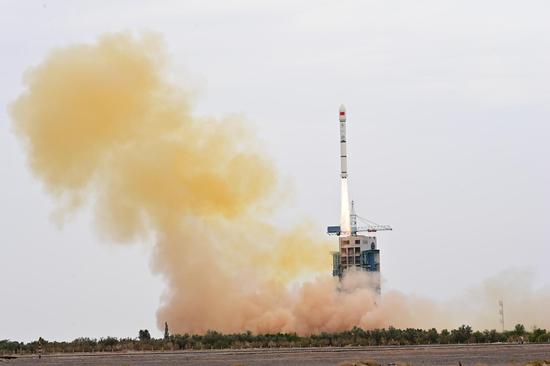
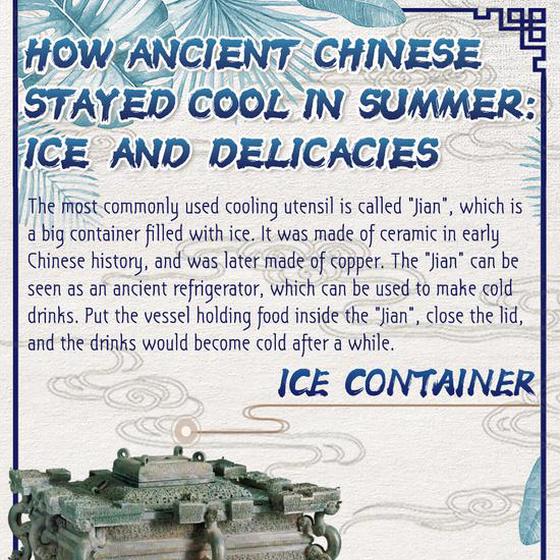
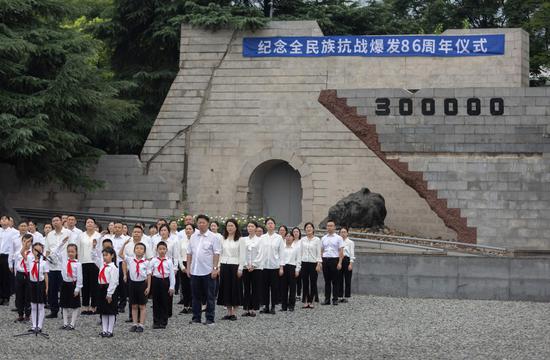
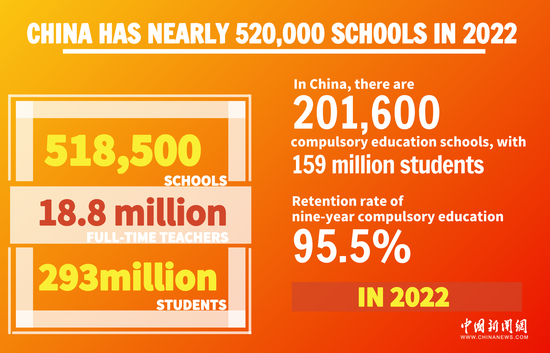

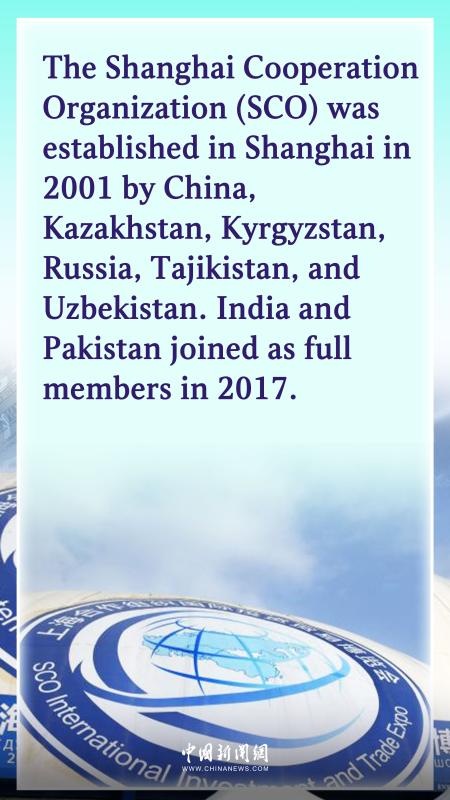


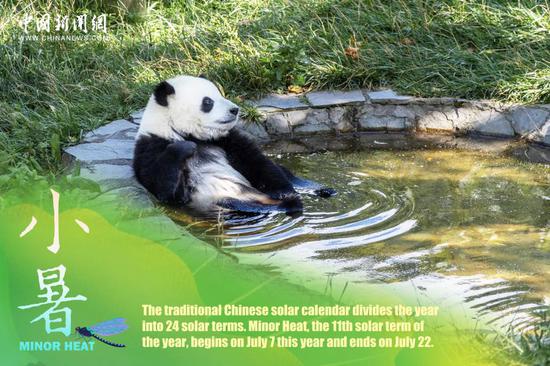
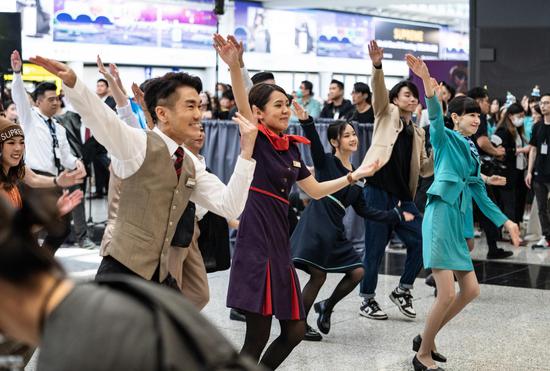
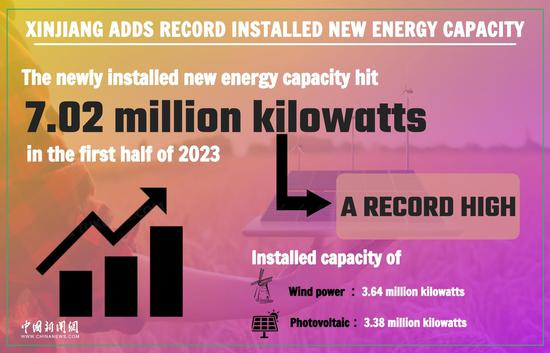
















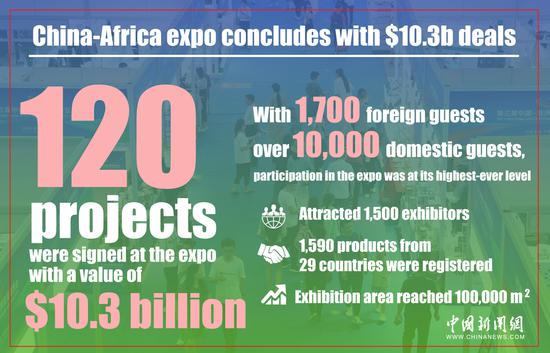


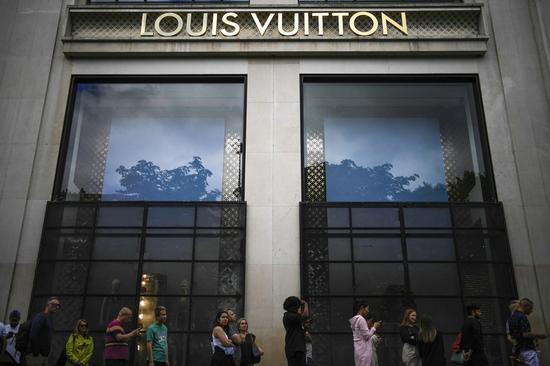










 京公网安备 11010202009201号
京公网安备 11010202009201号